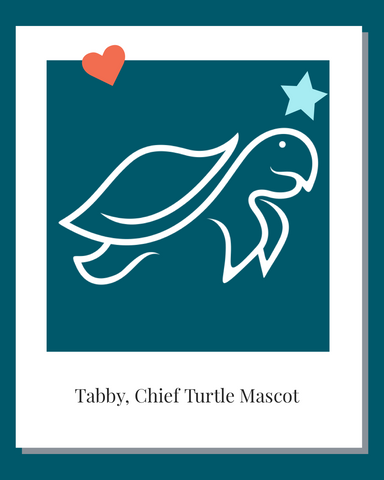Our Sustainable Story
A story in the Philadelphia Inquirer reported that the city was burning half of their recycling in 2018. It sounded crazy! Why would they burn something of value? Why not recycle it? While the majority of paper and glass that make it into your bin are recycled, plastic recycling is much more complicated. There are several different types of plastic that can be recycled (and many others that cannot). Waste managers pick and choose which they’ll accept (often based on their secondary market value). When too many “wish-cycled” items contaminate a batch it gets trashed instead. The process of recycling plastic often costs more than the resulting material sells for. The Inquirer reported the city earned ~$70/ton for recyclables in 2012 but by 2018 they were paying ~$170/ton to haul it away. As stewardship turned into a losing enterprise, Philly chose the budget over the environment. It was cheaper for Philadelphia to burn the recycling than process it. The fact is, even if you sort your recycling perfectly each week you can expect as little as 5% of plastic is actually recycled.
FIVE PERCENT!
The average person uses 10 bottles of shampoo a year. Perhaps one of those bottles will get a second life as a park bench but the rest end up in a landfill, or worse, our oceans. Over 80% of ocean plastic pollution started on land and was carried by streams and rivers to the seas. The other 20% comes from fishing and maritime shipping routes.
Plastic takes over 400 years to break down while leaching hazardous chemicals into our environment. How can any brand put an eco-friendly claim on a plastic bottle?
A Personal Commitment
I always felt a sense of accomplishment by cleaning and sorting my recyclables each week but, after reading that article, I realized recycling wasn’t enough. I decided to cut down on my own family’s consumption of single use plastic. Finding the most sustainable replacement wasn’t easy and oftentimes it came with a premium price tag. I tried to look through the greenwashing and make educated decisions. Are compostable bottles still a green choice if I didn’t have access to the only type of industrial composting facility in which it would break down? What about bioplastics? Is a local item in plastic better for the environment than a plastic-free item shipped from New Zealand? The answer - it’s complicated.
One of the easiest zero-waste swaps I made was a shampoo bar but the first bar made my hair waxy and dry at the same time. It was awful! I tried another and another - all with terrible results. I finally realized the “shampoo” bars were actually soap. Soap is created when lye (sodium or potassium hydroxide) chemically reacts with fats/oils in a process call saponification. It’s great for making skin squeaky clean but terrible for hair. It took weeks of treating my hair with salon shampoo and conditioner before my it felt normal again. I wanted a product that performed like liquid shampoo and conditioner, without the plastic waste, and was made in the USA. When I couldn’t find it, I decided to do it myself. I’m Natalie Lennick, Founder of Green Ablutions.

When you support Green Ablutions, you support a woman-owned business crafted with an environmental mindset from the start. Our sustainable practices address all aspects of our business operations and the full lifecycle of our products - ingredients, packaging and shipping.
Ingredients
Responsibly sourced vegan and cruelty-free ingredients ensure ethical products you can trust. Liquid shampoo and conditioner bottles contain up to 80% water - something you already have at home. Each bar replaces up to 3 plastic bottles and 4 liters of water compared to traditional liquids. They offer a healthy savings for your wallet too!
Packaging and Shipping
Our zero waste packaging ensures nothing ends up in landfills or polluting the ocean. Our boxes are made using recycled post-consumer fibers and printed with vegetable based inks. They can be recycled curbside or composted at home. This promise applies to our shipping containers as well! All orders from greenablutions.com ship completely plastic-free. Their compact size also means it takes less fuel to ship, cutting down on emissions and we offset our transportation impact through a partnership with Pachama.
A Promise to Protect

Our logo has a story too. Named Tabby Turtle by Natalie’s children, they’re a promise to make our oceans a better place. Sea turtles can’t tell the difference between a plastic bottle cap and a tasty fish. When you support Green Ablutions you help sea turtles like her twice. These magnificent creatures are most at risk from ocean plastic. Our customers have saved thousands of bottles from littering the environment and also donate 10% of sales to support sea turtle conservation at Gumbo Limbo Nature Center.
